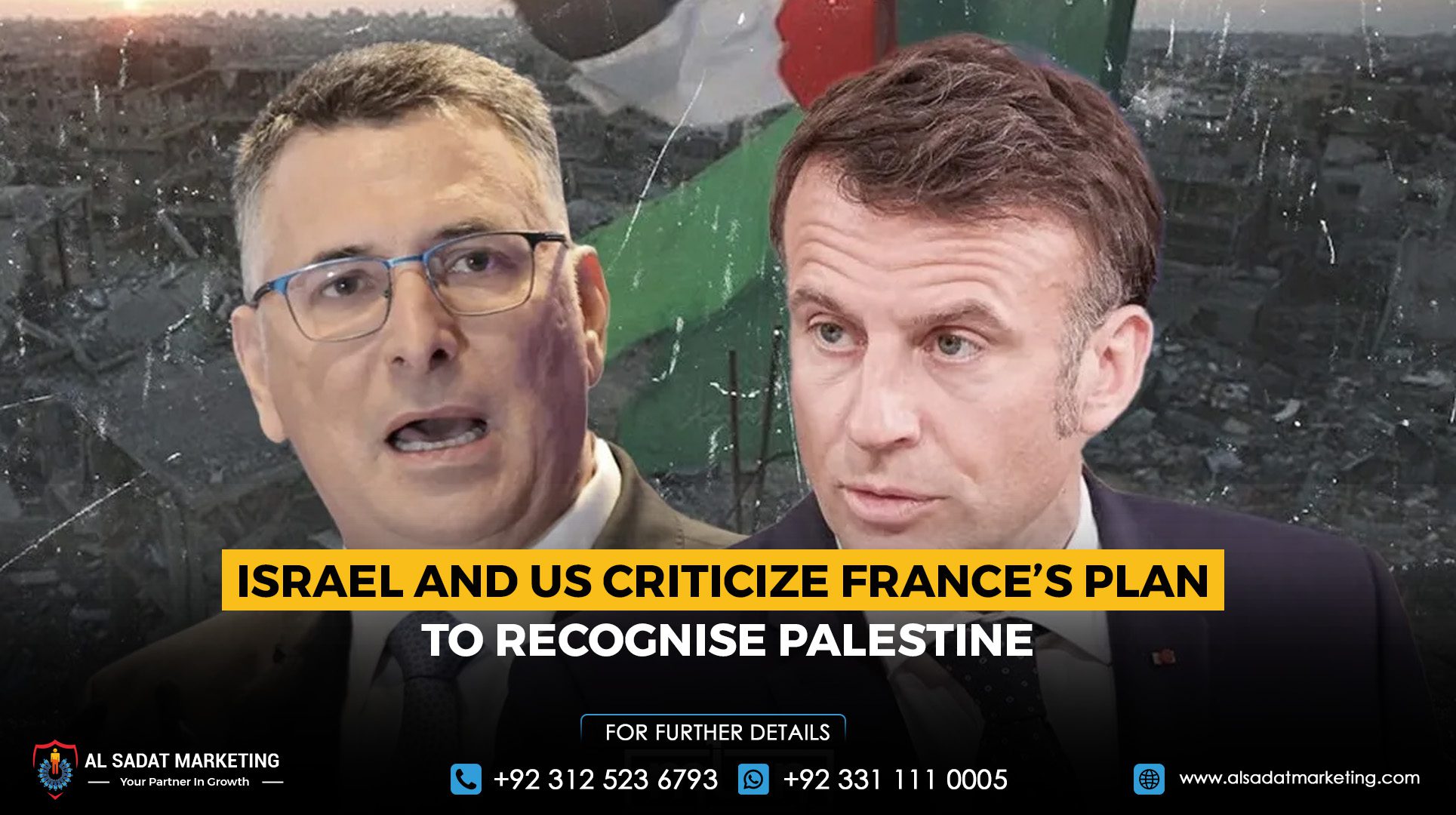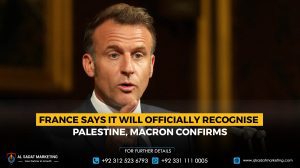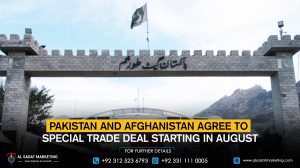President Emmanuel Macron announced on Thursday that France plans to recognize a Palestinian state in September at the UN General Assembly in an effort to promote regional peace, but the proposal attracted harsh criticism from the US and Israel.
When Macron announced the X decision, he also released a letter to Mahmoud Abbas, the president of the Palestinian Authority, reaffirming France’s determination to move forward with Palestinian recognition and seeking to persuade other allies to do the same.
“True to its historic commitment to a just and lasting peace in the Middle East, I have decided that France will recognise the state of Palestine,” Macron stated.
“I will make this solemn announcement at the United Nations General Assembly next September.”
France, which is home to the largest Jewish and Muslim communities in Europe, will be the first major Western nation to recognize a Palestinian state, which might spark a movement that has so far been led by smaller countries that are traditionally more anti-Israel.
Both Washington and Israel were angry about the news.
The action by a G7 member and one of Israel’s closest allies was criticized by Israeli Prime Minister Benjamin Netanyahu, who said that it “rewards terror and risks creating another Iranian proxy.”
“Under these circumstances, a Palestinian state would be a launchpad to annihilate Israel, not to live in peace alongside it,” he continued in a post on X.
“Let’s be clear: the Palestinians do not seek a state alongside Israel; they seek a state instead of Israel.”
Calling the action “a disgrace and a surrender to terrorism,” Israeli Defense Minister Israel Katz stated that Israel will not permit the creation of a “Palestinian entity that would harm our security, endanger our existence.”
Marco Rubio, the Secretary of State of the United States, responded by saying that the country “strongly rejects (Macron’s) plan to recognize a Palestinian state at the UN general assembly.”
“This careless decision only serves Hamas propaganda and sets back peace,” he wrote in a post on X. For the victims of October 7th, it is a slap in the face.”
Prime Minister Mark Carney had earlier criticized Israel’s “failure to prevent the rapidly deteriorating humanitarian disaster in Gaza” and reiterated support for a two-state solution as part of Canada’s pressure on Israel to pursue peace.
Carney also charged Israel with breaking international law by preventing Canadian-funded aid from reaching residents in the Palestinian enclave, which is destroyed by conflict.
“Canada calls on all sides to negotiate an immediate ceasefire in good faith,” he stated.
“We reiterate our calls for Hamas to immediately release all the hostages, and for the Israeli government to respect the territorial integrity of the West Bank and Gaza.”
The United States stated in a diplomatic cable in June that it was against unilaterally recognizing a Palestinian state, even stating that doing so may be harmful to U.S. foreign policy interests.
Mike Huckabee, Washington’s ambassador to Israel, stated in June that he no longer believed the establishment of an independent Palestinian state was still a priority of U.S. foreign policy.
President Donald Trump has personally stated uncertainty about a two-state solution. In February, he proposed an American takeover of Gaza, which was viewed as “ethnic cleansing” by the United Nations, Arab governments, Palestinians, and rights organizations.
Despite pressure to reject the idea of a two-state solution, Macron had been moving toward the recognition of a Palestinian state for months.
Prior to a United Nations meeting that France and Saudi Arabia were scheduled to co-host in June to establish the framework for a roadmap to a Palestinian state while guaranteeing Israel’s security, French officials first considered the decision.
Under pressure from the United States and following the start of the 12-day Israel-Iran air war, which made it difficult for representatives of some Arab states to attend due to the closure of regional airspace, the conference was postponed.
A second session with heads of state and government was held in September on the outer limits of the UN General Assembly after it was delayed and downgraded to a ministerial event on July 28 and 29.
GENERATION OF MOMENTUM
The declaration was made in advance of the conference next week in order to provide the French delegation to the UN with a framework for collaborating with other nations that are either hesitant to recognize a Palestinian state or have considered doing so.
According to diplomats, Macron’s push for the recognition of a Palestinian state has encountered opposition from allies like Canada and Britain. Next week, some 40 foreign ministers will visit New York.
To avoid what some have dubbed “a nuclear bomb” for bilateral relations, Israeli officials have been lobbying for months.
According to those connected with the situation, Israel has warned France about a variety of things, including reducing information sharing, making Paris’ regional initiatives more difficult, and even raising the possibility of annexing some areas of the West Bank.
Since the fatal October 2023 attack on Israel by the Palestinian militant group Hamas, Israel has been engaged in a disastrous war in Gaza, and it claims that acknowledging a Palestinian state at this time would be comparable to rewarding Hamas.
Hussein Al Sheikh, the vice president of the Palestinian Authority, expressed gratitude to France on X, saying that Macron’s decision demonstrated “France’s commitment to international law and its support for the Palestinian people’s rights to self-determination and the establishment of our independent state.”










